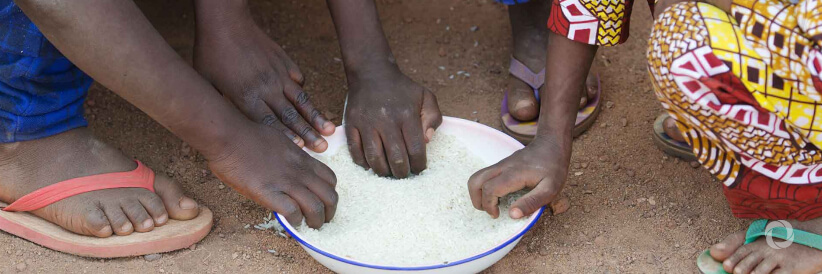The United Nations World Food Programme (WFP) welcomed a US$9.7 million (MK 8 billion) contribution from the United States Government to help nearly 400,000 food-insecure Malawians become more resilient to the impacts of climate change.
The funding, from the U.S. Agency for International Development (USAID), will also provide cash to 48,000 refugees at Dzaleka Camp and strengthen the capacities of the Malawi Vulnerability Assessment Committee (MVAC), which produces a flagship yearly analysis of food security in the country.
“We are grateful to the U.S. Government for its steadfast support in enabling vulnerable communities to withstand the increasingly fierce effects of climate change, thereby helping to break the cycle of hunger,” said Paul Turnbull, WFP Country Director and Representative in Malawi. “The continuing commitment of the American people to the most at-risk here is much appreciated.”
Thanks to USAID, smallholder farmers have built or maintained assets to improve their livelihoods, including community gardens and small-scale irrigation farming, creating healthier natural environments, reducing risks and impacts of shocks, and strengthening resilience to natural disasters.
“The U.S. Government values this partnership with the Government of Malawi and WFP to support vulnerable Malawians and refugees to increase their food security and better manage seasonal shocks such as floods and droughts. Around the world, USAID is committed to helping families and individuals facing climate change and conflict,” said U.S. Ambassador to Malawi David Young.
The U.S. is one of the largest donors to WFP in Malawi, having contributed US$ 65.9 million (about MK 54 billion) since 2016 to enable it to respond to emergencies, support refugees, and break the cycle of hunger.
WFP is partnering with the Government of Malawi on a range of activities, including emergency food assistance and cash-based transfers, nutritional support, supply chain and logistics initiatives, and resilience-building.

